Death of Diego Armando Maradona
- The former Argentine footballer died on 25 November at the age of 60, according to the newspaper Clarín.

On Wednesday morning Diego Armando Maradona died, who was left with his heart in the street. The professionals of the ambulances displaced to the home of the San Andrés neighbourhood of the city of Tigre have been unable to do anything to save their lives. Maradona, who had just turned 60, had many health problems for a long time. Days before, he had undergone mental surgery.
Fallen God, but God Always
The shadow of Diego Armando Maradona is giant and global. An exceptional footballer in the camp, in the quarter-finals of the 1986 World Cup scored two goals (the first kicked off the center of the camp and left behind several rivals; the second hand), were a political symbol for the Argentines who had just lost the Falkland War.
His life outside the stadiums has also given much to talk about. She had a lot of problems with drug use. He clearly spoke out against corruption and the empowerment of football institutions and leaders or supported the Cuba of Fidel Castro and the Venezuela of Hugo Chávez. In 2014, the then-partner of Rocío Oliva Maradona publicly denounced that Maradona had mistreated him physically. In 2019, former partner Claudia Villafañe was found to have denounced psychological abuses. The Argentine LGTB Federation filed two complaints about the homophobic and transphobic statements made by Maradona in the framework of Cultural Capitality. Nothing had made his shadow disappear.
Uruguayan writer Eduardo Galeano summarized the name and essence of Diego Armando Maradona:








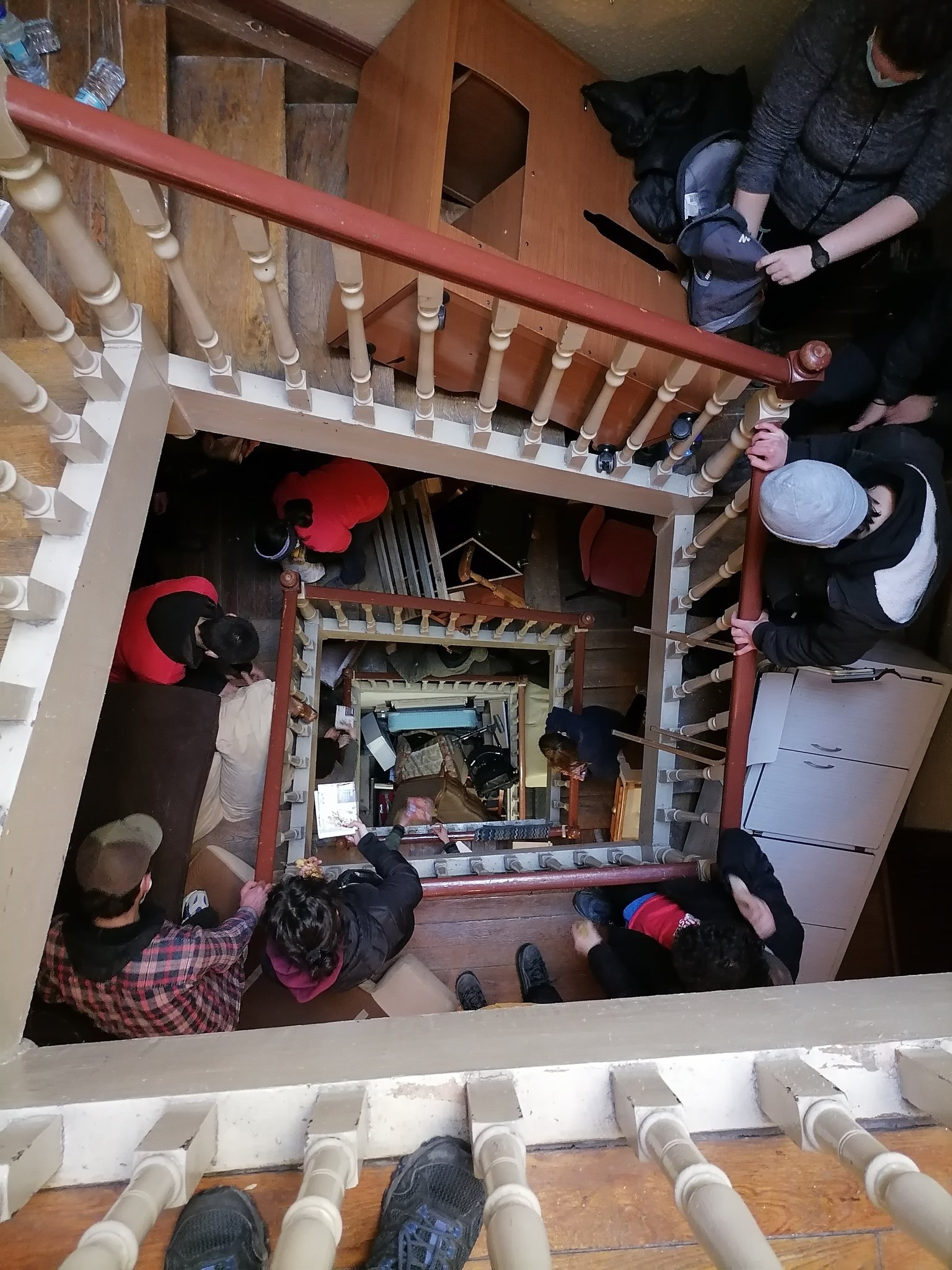
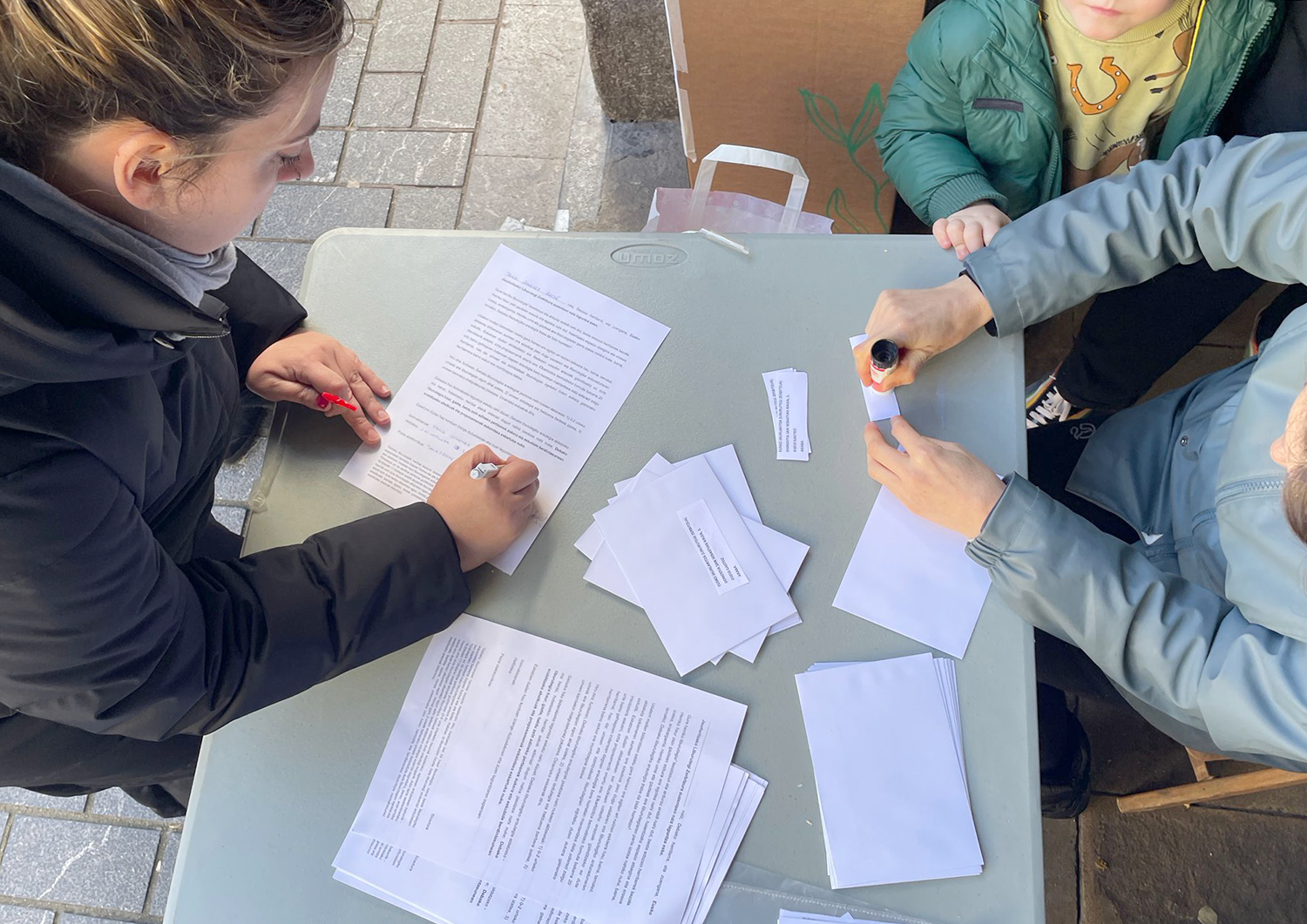

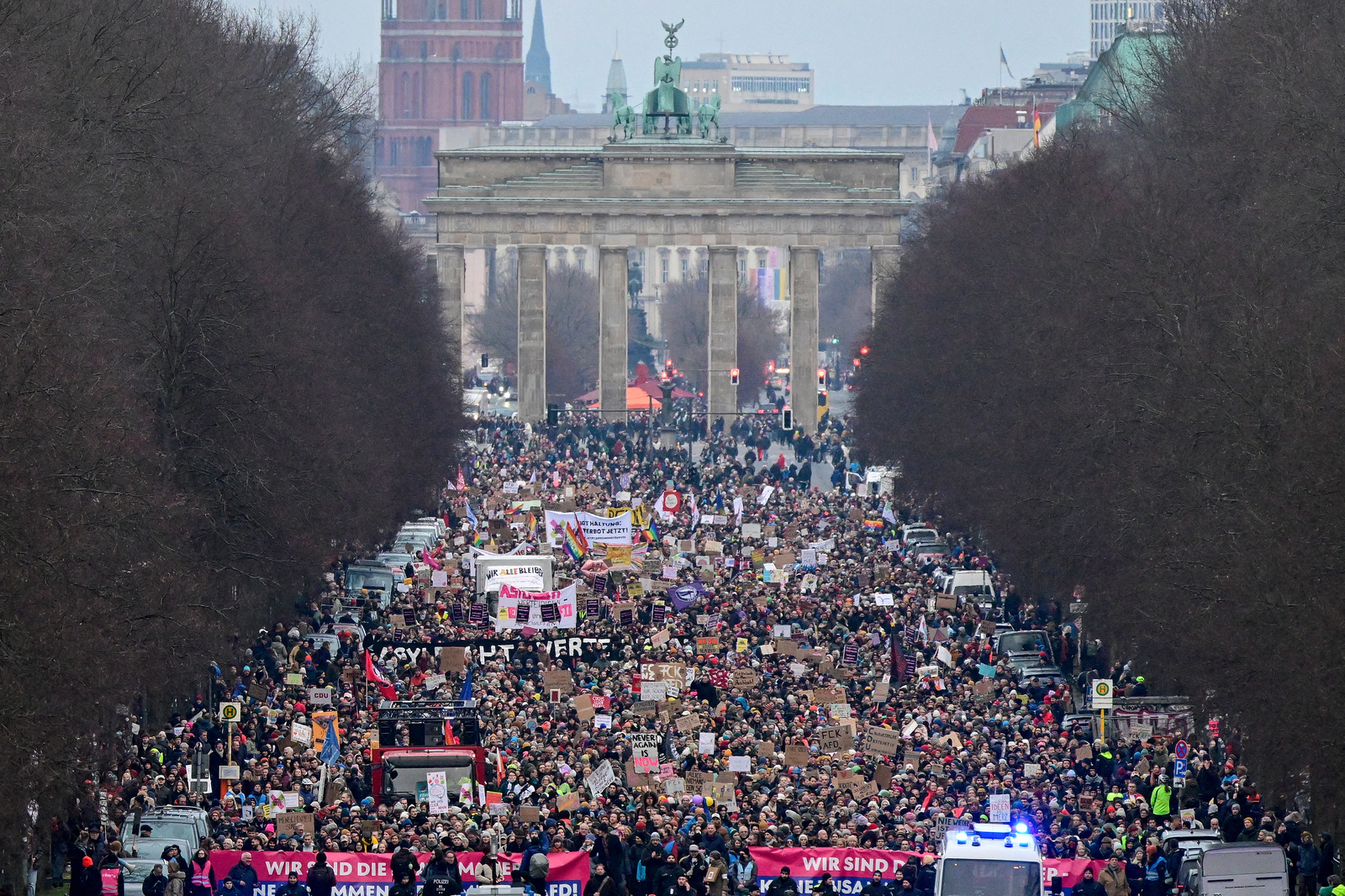



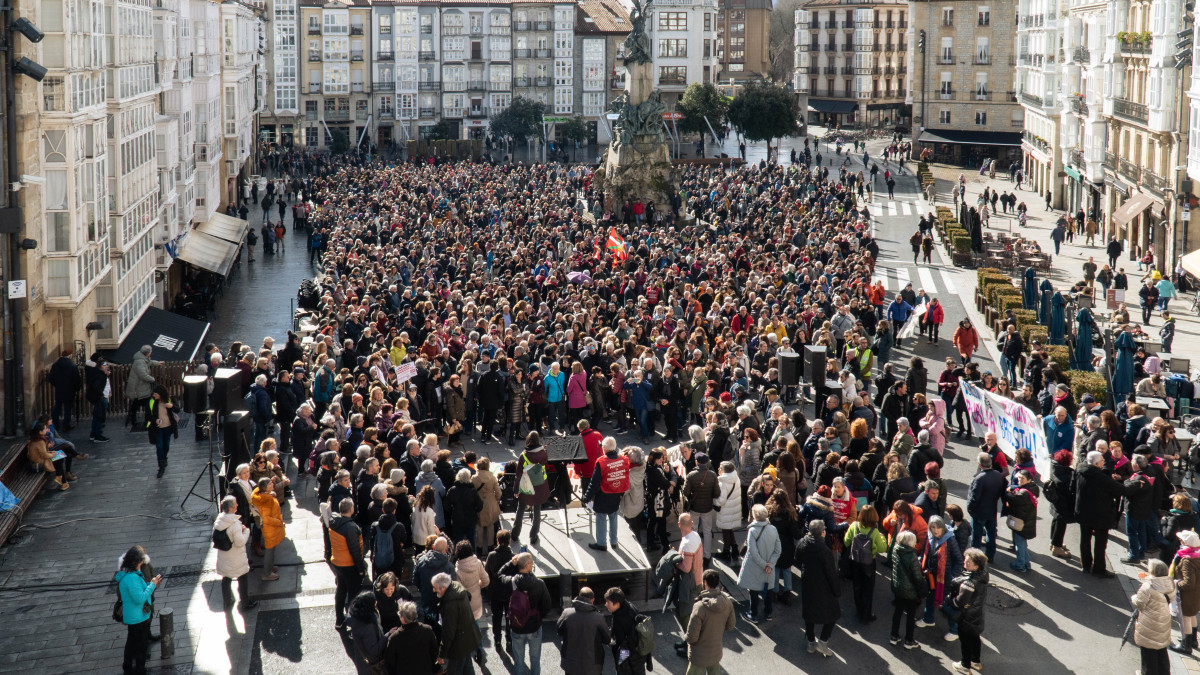

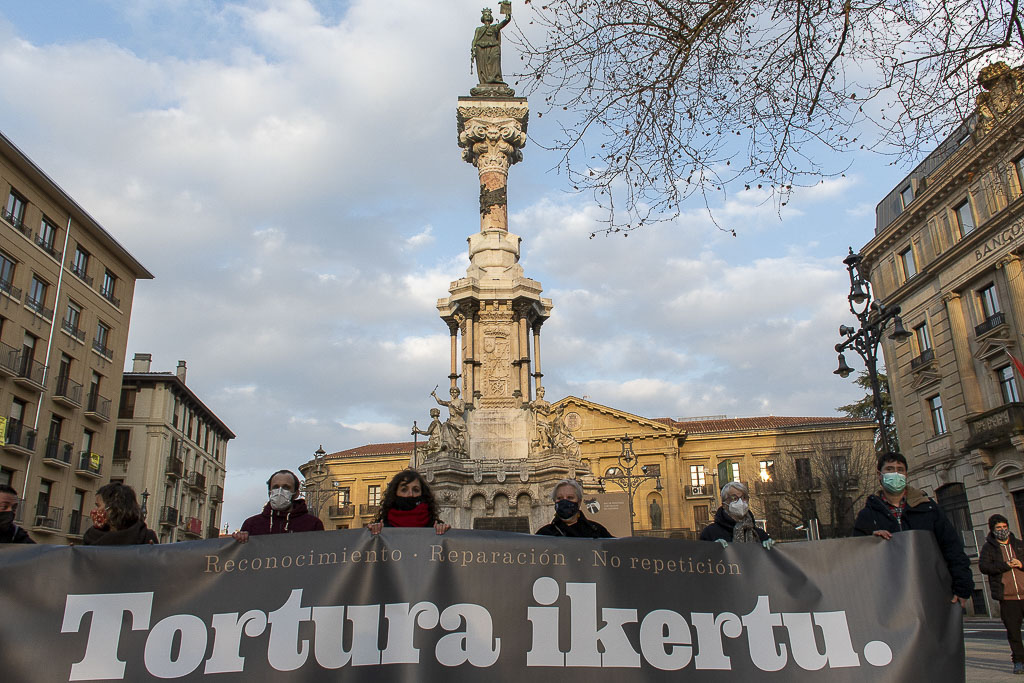


.jpg)
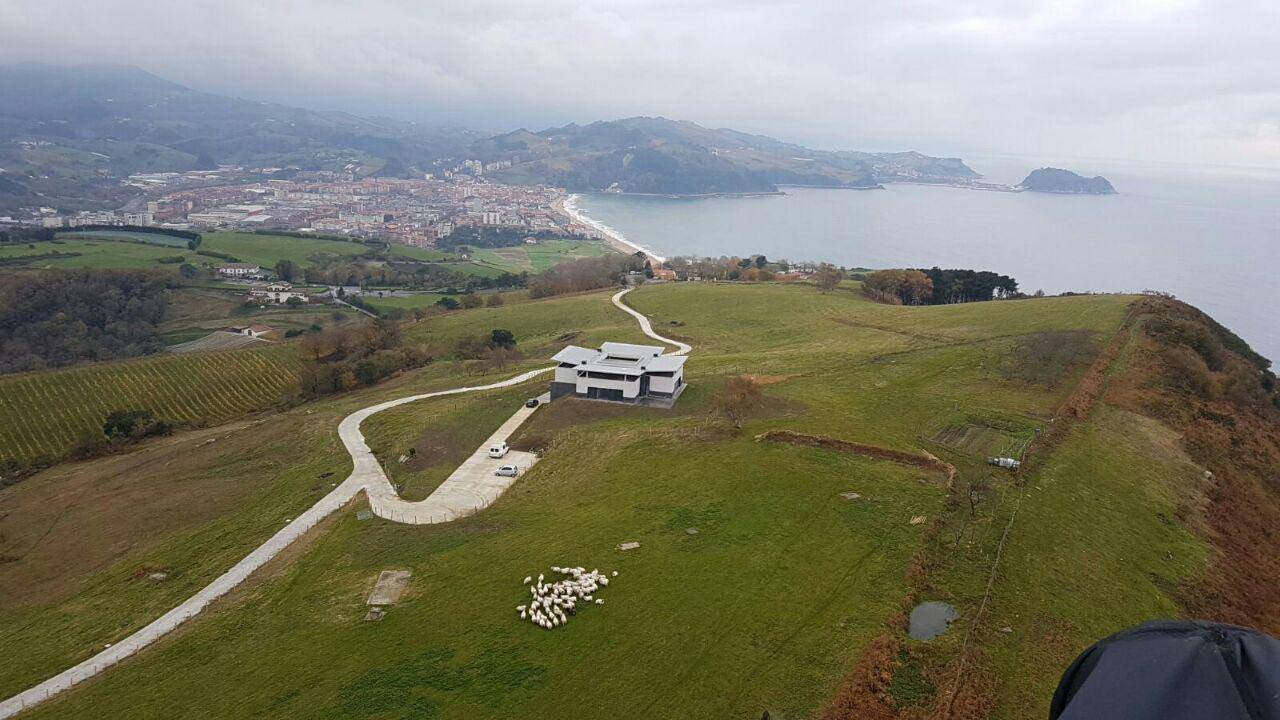
.jpg)